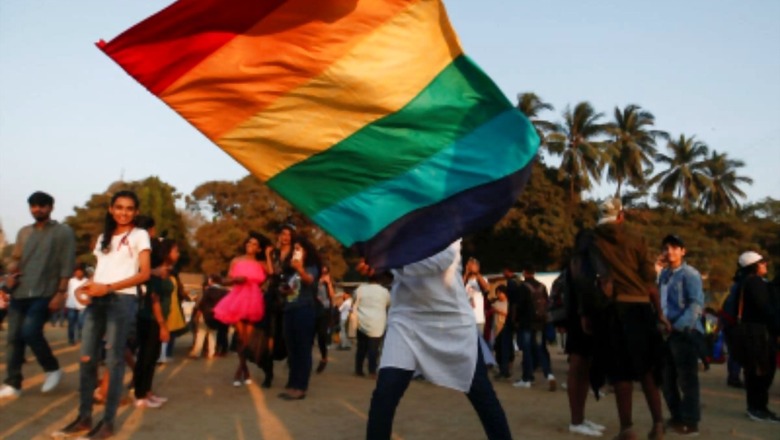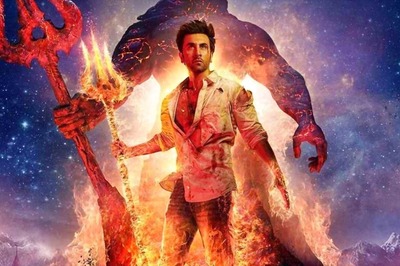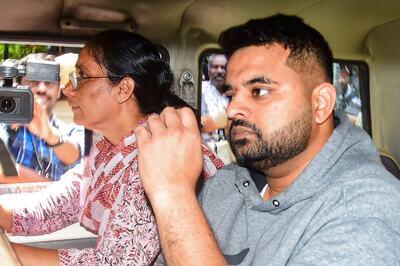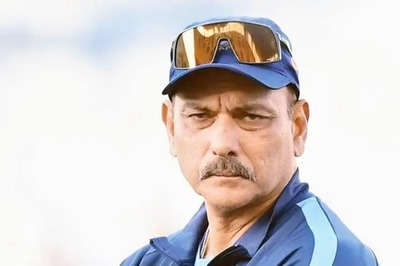
views
“Marriage between a biological man and biological woman is accepted statutorily, religiously and socially. Any recognised deviation of this human relationship can only occur before a competent legislature,” the Centre had said recently.
With this, it’s clear that the government has waded into the contentious issue of same-sex marriage. But in court, where the matter was heard recently, the government was restrained and reticent and not too excited to support same-sex marriage.
The reason is not far to seek. Politics is not played in vacuum. Certainly, not in India, where such decisions, which seek to deviate or change the social fabric, have electoral ramifications.
The core of BJP’s vote bank is orthodox, Hindutva, and not many agree on same-sex marriage. And with the assembly elections in key states around the corner, the BJP doesn’t want to ruffle the feathers.
But history is witness to the fact that politicians and governments have been restrained in taking a call on legislation, which could impact their vote bank. One who comes to mind is former Prime Minister Rajiv Gandhi, who ushered the era of liberalisation in the country, and was pitched as a progressive, young leader. Unfortunately, he could not muster courage in the Shah Bano case when the aged divorced Muslim woman wanted her former husband to pay to her the maintenance.
The Maulvis were up in arms and Rajiv Gandhi, for the sake of realpolitik, not wishing to lose out on the core Muslim vote bank, refused to support her. He lost the progressive tag, and, one of his closest aides, Arif Mohammad Khan, current governor of Kerala.
Even the UPA, which came on a pitch of a young and different India, especially with Rahul Gandhi being the main face, could not avoid dragging its feet over contentious issue like decriminalising homosexuality. Many within the core group of the Congress including Ghulam Nabi Azad and P Chidambaram have expressed their reservations on going ahead with the same-sex marriage legislation at their Friday meetings.
It was conveniently left to the courts to decide, with the Centre taking a confused stand as it suited their narrative and they did not want to antagonise the traditional vote bank. As one senior minister had said earlier, “The homosexual community is a small one and if they don’t vote for us it doesn’t matter as it won’t dent us.”
Such is the thinking, which has guided many other legislation such as triple talaq and marital rape. The BJP was accused of pushing for triple talaq legislation as it didn’t matter to them if Muslims wouldn’t vote for them. But PM Narendra Modi did it for empowering women, and, as a result, it was seen that many Muslim women voted for the party during the 2022 Uttar Pradesh elections.
As they say, ‘yeh public hai yeh sab jaanti hai’. And the Uttar Pradesh example is, perhaps, the best testimony to this, and why politicians can and should bite the bullet.
Read all the Latest Politics News here




















Comments
0 comment